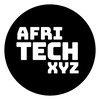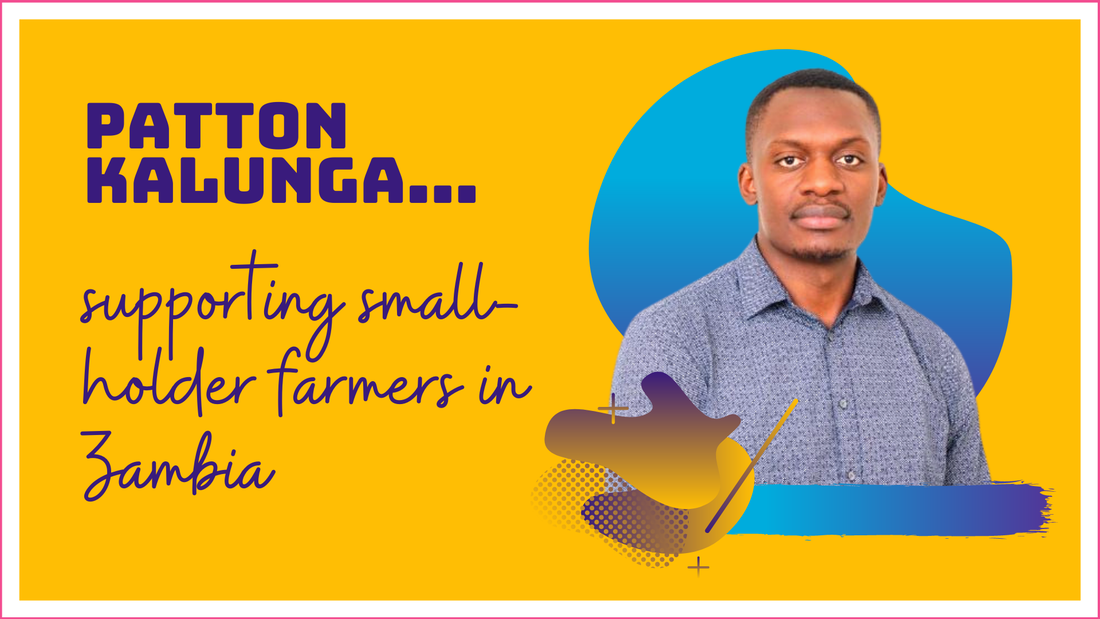|
We’re back with another unmissable episode of Afritech Verified! On this month’s episode, our host, Towsyn Omowole spoke to chartered accountant turned African tech investor, Joe Kinvi. Joe co-founded African tech investment firm, HoaQ, alongside his partner, Nubi Kay who he met whilst working at global payments company, Stripe.
HoaQ club is a community of creators and operators backing entrepreneurs in building scalable businesses for Africa and the diaspora. HoaQ club boasts over 300 community members and have investors across 14 different countries. The company is focused on early stage startups serving Africa and the diaspora. Joe is of Togolese heritage, however he grew up in Dublin, Ireland. After studying Accounting and Finance at Dublin Institute of Technology, he began his career at one of the world's big four accounting firms, Ernst and Young. After leaving EY, he joined State Street to build the internal auditing department. This was where he got the initial startup bug. From there he joined other startups including Touchtech Payments, which eventually got acquired by Stripe, where he still works to date. During our chat, he takes us through his successful career growth, the experiences that inspired the creation of his company HoaQ, as well as what it’s like having a world-class co-founder. Finally, he gives us his thoughts on Africa’s fintech revolution, the continent’s new unicorns and the potential for Africa’s tech ecosystem. Joe believes that “if you missed out on investing in bitcoin in 2011, don’t miss out on investing in Africa in 2021”. This is what his company, HoaQ, is enabling - the African tech revolution. You can connect with Joe Kinvi via LinkedIn or Twitter. The logistics industry in Africa is one of the fastest growing markets on the continent, largely due to massive opportunities for the trading of Africa’s rich resources both home and abroad. The $180 billion industry however has been faced with major challenges due to archaic practices such as the use of middlemen and paper invoices. Additionally, an underdeveloped infrastructure, complex political landscapes and dated public policies hold back the African logistics sector from realising its full potential.
Accessing loans for small businesses in Africa is an uphill task and in Zambia, only 8.8% of micro SMEs have access to a loan or line of credit due to high collateral requirements and an often non-existent credit history.
Small businesses in Africa’s mammoth informal economy are subject to endemic financial exclusion, largely due to being a predominantly cash economy with close to little financial records kept by the retailers. This has traditionally made it difficult for the credit-worthiness of these businesses to to be fairly calculated but technology is gradually helping to solve this huge problem. It’s the final month of Q2 and the African tech ecosystem keeps buzzing with innovators making the kind of change we want to see. This month we are taking you on another journey across the African tech ecosystem to discuss the most talked about stories from May, featuring companies such as Chipper Cash, MTN, M-Pesa and even the South African government. Here’s the roundup.
|
Archives
September 2023
|




 RSS Feed
RSS Feed




